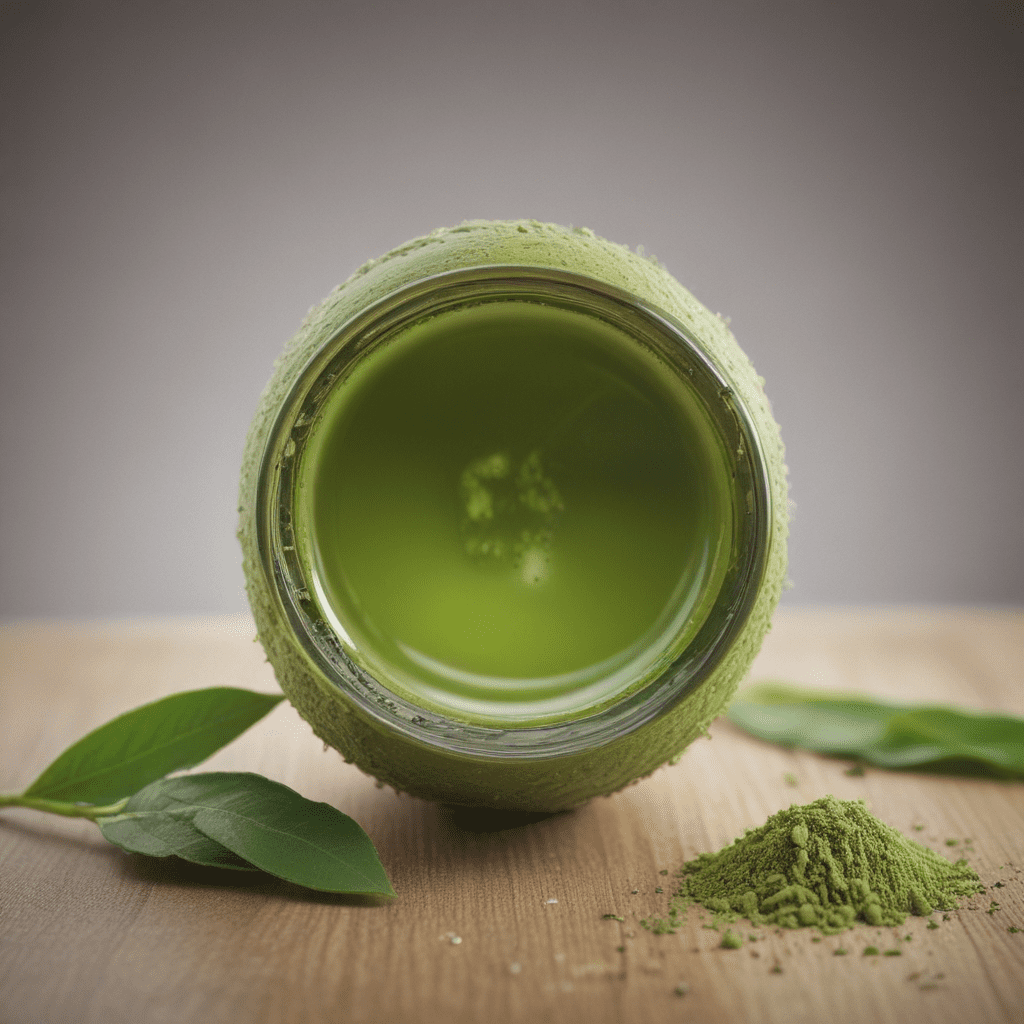
The Therapeutic Benefits of Ceylon Tea Infusions
1. Introduction
Ceylon tea, renowned for its exquisite taste and vibrant history, holds a revered position in the world of tea. Originating from the lush landscapes of Sri Lanka (formerly Ceylon), this exceptional beverage has long been celebrated for its therapeutic properties. Extensive research has unveiled the myriad of health benefits associated with Ceylon tea, making it an ideal choice for those seeking a natural and holistic approach to well-being.
2. History and Origin of Ceylon Tea
The origins of Ceylon tea can be traced back to the mid-19th century when British colonizers introduced tea plants to Sri Lanka. The island's unique climate and topography proved to be highly conducive to tea cultivation, and the industry flourished rapidly. Ceylon tea quickly gained global recognition for its distinctive flavor and aroma, becoming a staple in tea-drinking cultures worldwide.
3. Chemical Composition of Ceylon Tea
Ceylon tea is an abundant source of bioactive compounds, including polyphenols, flavonoids, and catechins. These compounds have been extensively studied for their potential health benefits, including their antioxidant, anti-inflammatory, and anti-cancer properties. The chemical composition of Ceylon tea varies depending on the region, altitude, and processing methods employed.
4. Anti-inflammatory Properties
Inflammation plays a significant role in the development of various chronic diseases. Ceylon tea, with its rich concentration of polyphenols, has been shown to possess potent anti-inflammatory properties. Studies have suggested that regular consumption of Ceylon tea may help reduce inflammation throughout the body, contributing to improved overall health and well-being.
6. Antioxidant and Anti-Cancer Activity
Ceylon tea has a high content of antioxidants, including catechins and theaflavins. These antioxidants help neutralize free radicals, unstable molecules that can damage cells and contribute to the development of chronic diseases, including cancer. Research has shown that regular consumption of Ceylon tea may have a protective effect against certain types of cancer, such as lung, colorectal, and breast cancer.
7. Neuroprotective Effects
Ceylon tea contains compounds with neuroprotective properties, which may protect against neurodegenerative disorders such as Alzheimer's and Parkinson's diseases. Theanine, a unique amino acid found in Ceylon tea, has been shown to have a calming and relaxing effect on the nervous system, promoting better sleep and reducing anxiety.
8. Weight Management and Metabolism
Ceylon tea may aid in weight management and boost metabolism. The caffeine in Ceylon tea has a thermogenic effect, meaning it can increase the resting metabolic rate and promote fat burning. Additionally, Ceylon tea contains polyphenols that may help suppress appetite and reduce overall food intake.
9. Dental Health and Oral Hygiene
Ceylon tea has antimicrobial and anti-inflammatory properties that may benefit dental health and oral hygiene. The polyphenols in Ceylon tea help prevent the growth of harmful bacteria in the mouth, which can contribute to cavities and gum disease. Furthermore, Ceylon tea may freshen breath and reduce plaque and tartar buildup.
10. Other Therapeutic Benefits
In addition to the benefits mentioned above, Ceylon tea has been associated with a range of other therapeutic effects, including:
- Improved cardiovascular health: Ceylon tea may lower cholesterol levels, reduce blood pressure, and improve circulation.
- Boosted immune system: The antioxidants and antibacterial compounds in Ceylon tea may help strengthen the immune system and ward off infections.
- Relief from headaches and migraines: Ceylon tea contains compounds that have analgesic and antispasmodic effects, which may provide relief from headaches and migraines.
- Enhanced skin health: Ceylon tea contains antioxidants that may protect the skin from damage and premature aging.
FAQ
- Can I drink Ceylon tea if I'm pregnant or breastfeeding?
Consult your healthcare provider for guidance on tea consumption during pregnancy or breastfeeding.
- How many cups of Ceylon tea can I drink per day?
Generally, it's recommended to consume 3-4 cups of Ceylon tea daily.
- Is Ceylon tea safe for people with high blood pressure?
Ceylon tea may help lower blood pressure in some individuals, but it's always advisable to consult your doctor before consuming it regularly if you have hypertension.


